Cold and flu season may be upon us, but coming down with a virus isn't the only reason you might find yourself fighting a case of the sniffles. Fall allergies may also contribute to a stuffy nose.
"Addressing the cause of your sniffling is important," stresses Aaron Michelfelder, MD, family and integrative medicine physician at Loyola University Health System.
But no matter what specifically is causing your sinus troubles, there are a myriad of ways to stop sniffling STAT.
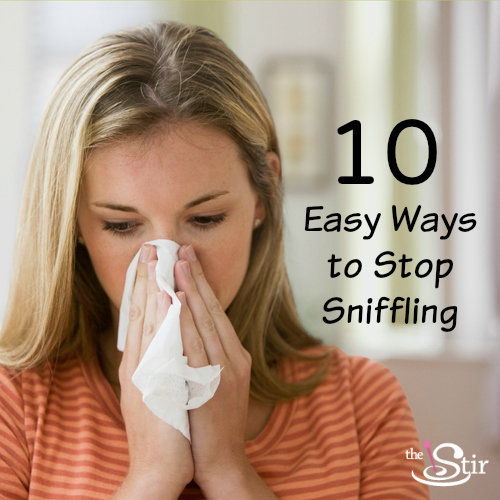
Check out 10 of the best, and then tell us: What's your go-to strategy for axing a bad case of the sniffles?
Images via © iStock.com/EHStock & © iStock.com/Kmonroez
Nasal Rinse

An age-old practice, nasal irrigation can help clear your nasal passages of mucus and allergens. “It also flushes out mucus, which can sometimes dry and plug where our sinuses drain into our nose,” explains Dr. Michelfelder. “This can help prevent sinus infections.”
The best way to do: Use a neti pot with a saline solution (warm water plus pharmaceutical-grade salt), then insert the spout into one nostril while tilting your head to the other side. This way, the solution will flow up into your nasal passage and out the other side.
“Always be gentle,” warns Dr. Michelfelder. “Too much pressure can force the rinse and irritants up into the ears.”
Steam

Whether you step into the shower or use a vaporizer or humidifier, steam can help break up congestion by adding moisture to the air, which helps to thin the mucus in your nose.
Ginger Tea
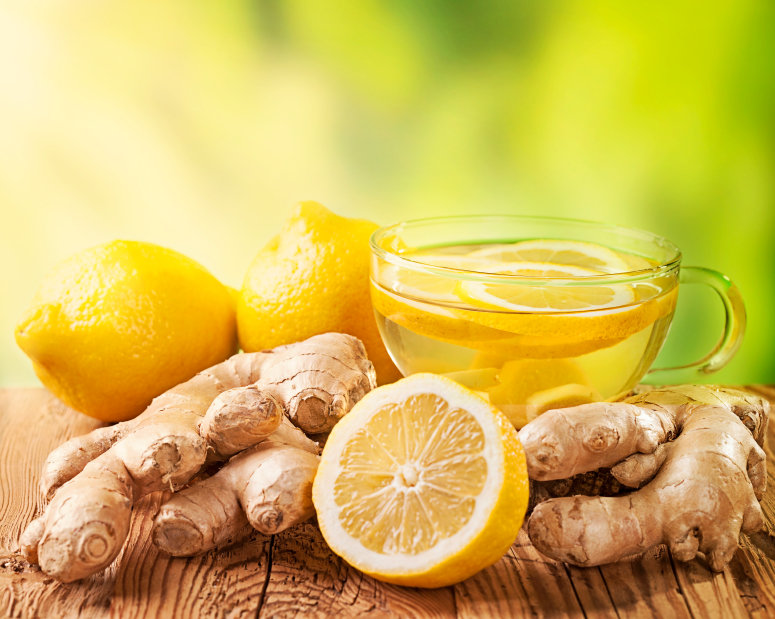
The aromatic herb is known for its power to treat gastrointestinal woes, but it’s also an expectorant, which can help break up mucus. Try it in tea by chopping about two tablespoons of fresh ginger and placing on a sieve on top of a mug. Then add six to eight ounces of hot water.
Stinging Nettle
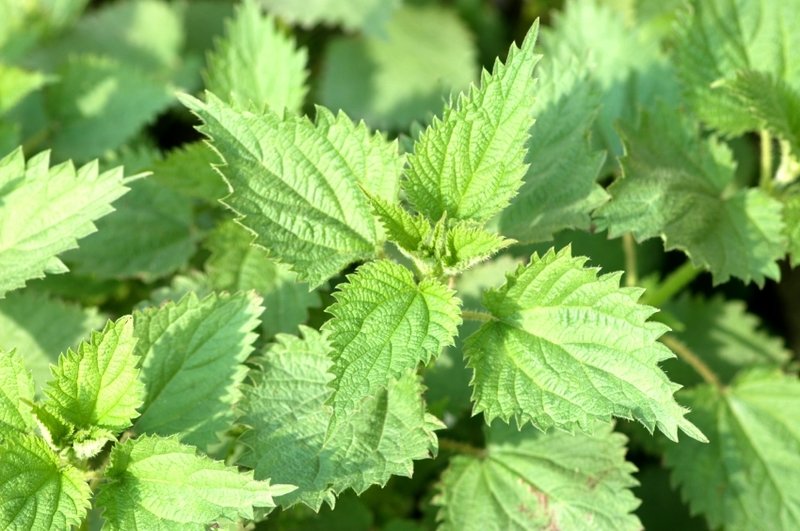
If your sniffles are stemming from seasonal allergies, you may want to check out this herb, which, in one double-blind clinical trial conducted at the National College of Naturopathic Medicine in Portland, Oregon, helped reduce allergic symptoms in hay fever sufferers.
Participants took 300 mg of an encapsulated, freeze-dried form of the herb two to three times daily for one week. Of the subjects taking stinging nettle, 58 percent rated it moderately or highly effective compared with 37 percent of those taking placebo, a statistically significant difference.
Hydration

Drinking plenty of fluids (water is best) helps lubricate the mucus membranes. “Staying well-hydrated insures that our mucus will be thin enough to do its job,” Dr. Michelfelder notes. “[Too] thick mucus can also plug the sinuses and lead to infections.”
He recommends shooting for at least 8 to 10 eight-ounce glasses of water a day. At the same time, it’s best to avoid caffeinated beverages like soda and coffee, as they may have the opposite effect.
An Extra Pillow

"It is crucial that our sinuses be allowed to continually drain into the back of our nose," Dr. Michelfelder explains. "Gravity really helps when we are standing up. When we lie down, the mucus cannot drain as well, so propping our head up a bit helps."
To get the ultimate relief for nighttime congestion, add an extra pillow and sleep on an incline.
Echinacea
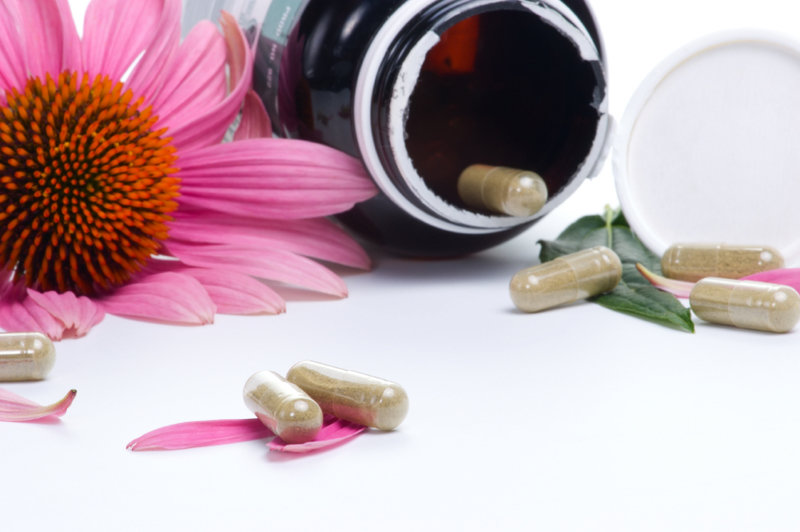
The popular immune-boosting herb is also antimicrobial. Good, if not entirely consistent, evidence shows it can actually help you get over colds much faster, note experts at NYU Langone Medical Center. It also appears to significantly reduce symptoms — like sniffling — while you are sick.
Chicken Soup

While it may seem like we only want to believe chicken soup is a cure-all, actual lab studies have shown that its ingredients have anti-inflammatory effects that can help treat the common cold. Plus, the steam (see #2!) from chicken soup may open up congested noses.
Blowing Your Nose Right
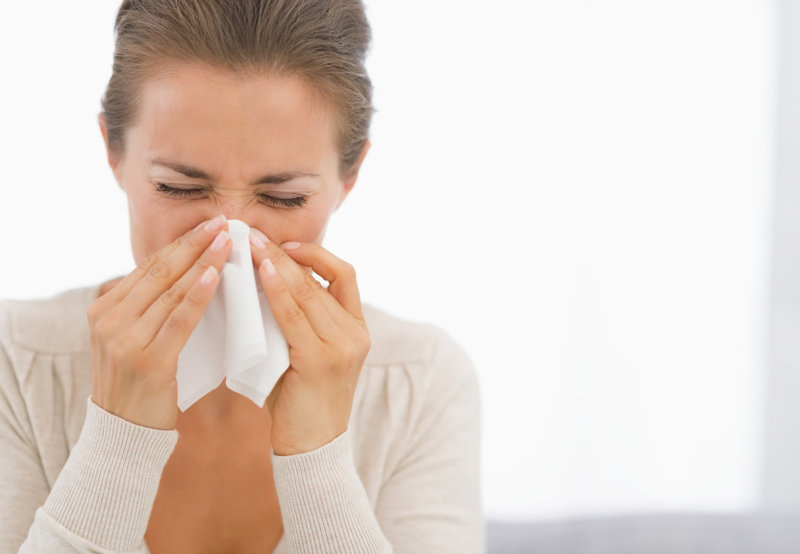
Although it can be tempting to keep sniffling away or to use force when sniffling, "vigorously blowing the nose can actually force mucus and irritants up into our ears and sinuses," explains Dr. Michelfelder. "So the key is to blow the nose gently and only when feeling a lot of mucus."
Eucalyptus
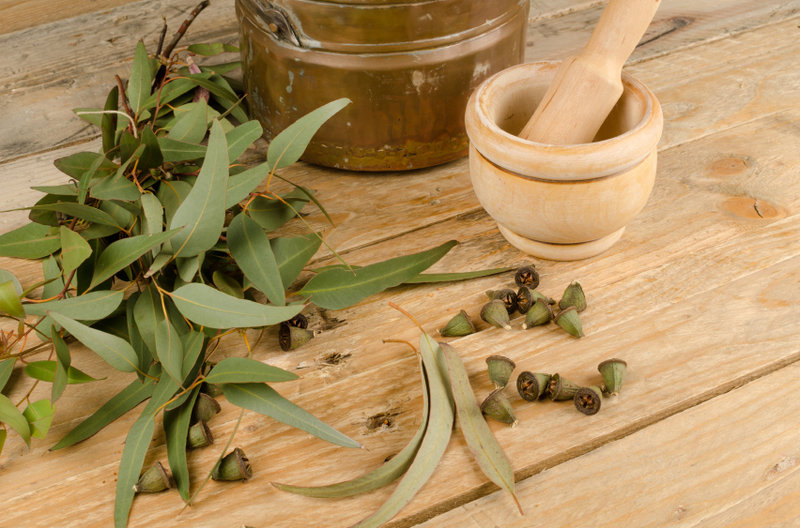
Dabbing a bit of eucalyptus essential oil under your nose can serve as a multitasking fix. Not only does it help open up your breathing passages, but it can also soothe raw, irritated skin under your nose.
Research has shown that the cineole, the major component of the volatile oil extracted from eucalyptus, can relieve the symptoms of acute non-bacterial sinusitis more effectively than a placebo.




